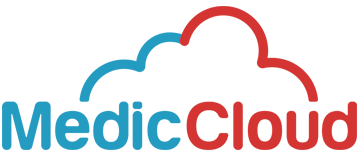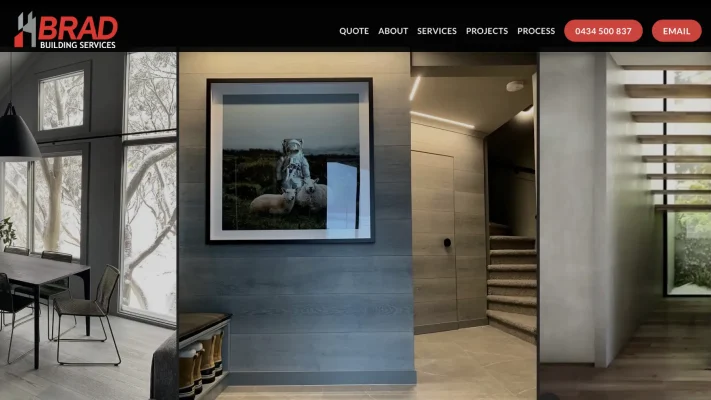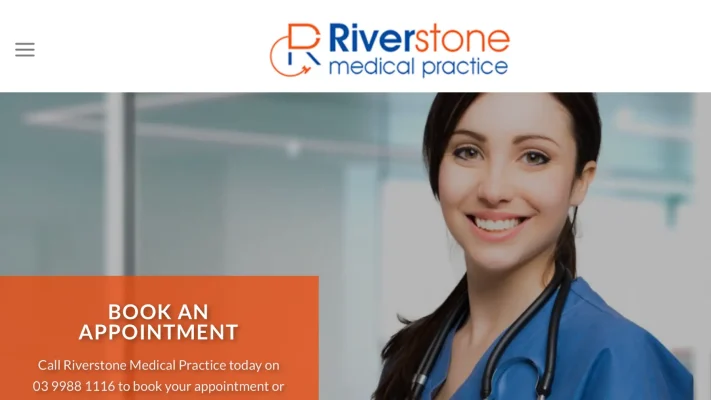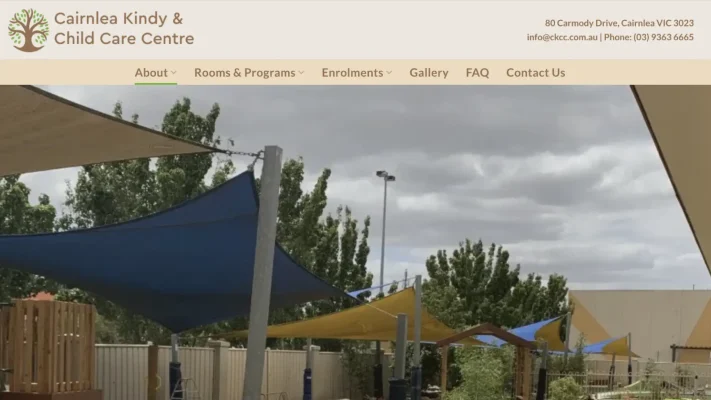Home » Is Your Website Built with These Considerations in Mind?
Creating a website is an exciting endeavor. It allows you to connect with the world and have input in to a tangible, first impression masterpiece of your business.
To ensure your website meets your needs, there are several crucial factors to consider during the planning and development stages. I will focus on three pivotal aspects: choosing the right website hosting company, deciding who will handle updates, and selecting the correct Content Management System (CMS).
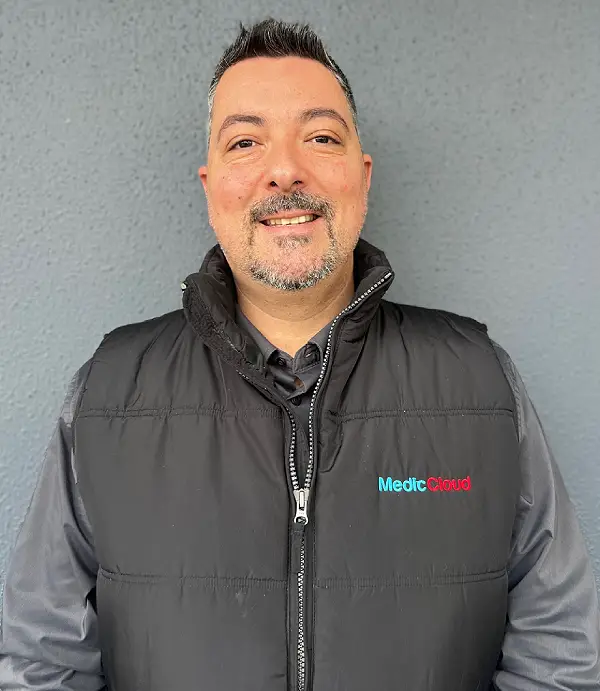
Sam, Medic Cloud Managing Director
1. Choosing a website hosting company
Selecting the right hosting provider is the foundation of your website’s performance and reliability. Key factors to consider:
Type of website hosting
There are various types of hosting services suitable for varying levels of visitor traffic:
- Shared (designed for low traffic): cost-effective but can lead to performance issues if other sites on the same server experience traffic spikes. Low cost.
- Virtual Private Server (VPS) (designed for low-med traffic): more control and better performance.
- Dedicated (designed for med-high traffic): provides an entire server for your site but at a higher cost.
- Cloud (designed for high traffic): is scalable and flexible, allowing you to handle varying traffic loads efficiently. High cost.
Location
Hosting your website overseas could be cheaper but it’s physical distance from your audience could have adverse results. At a minimum, this can impact load times due to geographical location and a mismatch of support hours making it slow to get support answers.
Performance and reliability
Look for hosting providers with strong performance metrics. This includes uptime guarantees (aim for 99.9% uptime), fast loading times, and reliable customer support. You don’t want your site to experience frequent downtime or slow loading. This will negatively impact user experience and Search Engine Optimisation (SEO).
Scalability
As your website grows, your hosting needs might change. Choose a provider that offers scalable solutions so you can easily upgrade your hosting plan as needed without major disruptions.
Security
Ensure that your hosting provider offers robust security features, such as Secure Sockets Layer (SSL) certificates, regular backups, and malware protection. Security breaches can compromise your website and your users’ data, so it’s crucial to invest in a host that prioritizes security.
Customer support
Reliable customer support can save you a lot of trouble. Opt for a hosting company that provides comprehensive support through various channels like live chat, phone, and email. Responsive support can help resolve issues quickly, minimising downtime.
Medic Cloud website design showcase
A showcase of some of the websites we have designed for Australian businesses.
2. Decide who will build and handle website updates
The website build and regular updates are essential for maintaining a website’s functionality, security, and relevance. Here’s some points you should consider:
In-house team vs. outsourcing
Decide if your business will handle the website build and updates internally or if you will hire external professionals. An in-house team can offer more control and immediate response, but it requires investment in digital gurus. Outsourcing can be cost-effective and bring specialised expertise, but it might lack the immediacy and intimate understanding of your website’s specific needs. Also be sure to remember that a website requires multiple levels of expertise. This could include content writers, graphic designers, programmers, analysts, marketing professionals and technical people to upgrade and deal with security for your CMS.
Skillset and resources
Ensure that the person or team responsible for updates has the necessary technical skills. They should be familiar with your CMS, understand security protocols, your style guide, be creative and also capable of troubleshooting issues. Additionally, consider whether they have the time and resources to perform updates regularly without affecting their other responsibilities.
Update frequency
Establish a schedule for updates. This includes not only software updates but also content updates. Regular updates are important for security and for keeping your website’s content fresh and engaging. Define whether these updates will be daily, weekly, or monthly based on your website’s needs and your business objectives.
Backup plans
Implement a robust backup strategy to protect your website’s data. Ensure that backups are performed regularly and stored securely. This precaution will safeguard your site in case of any update-related issues or other unforeseen problems.
Open source, free content management system
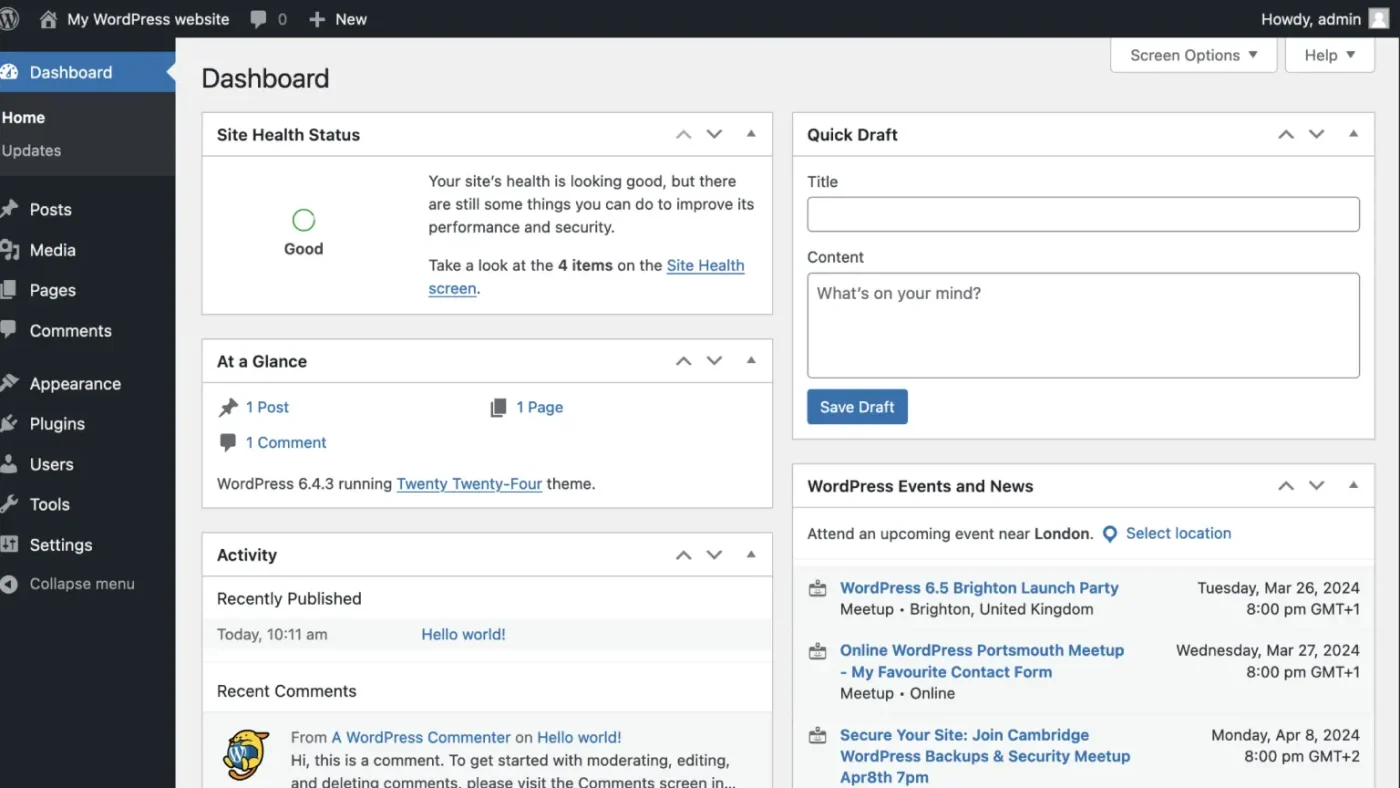
WordPress CMS backend screenshot
A commonly used free CMS is WordPress. This is how it looks like behind the scenes when updating content.
3. Selecting the right CMS
Your CMS is the backbone of your website, enabling you to manage content efficiently. Here are important considerations:
User-friendliness
The CMS should be intuitive and easy to use, especially if you or your team are not tech-savvy. Look for platforms with a user-friendly interface, straightforward content creation tools, and good documentation. Some are also free, whereas others are proprietary software.
Customization and flexibility
Choose a CMS that allows for customization to fit your brand and functionality requirements. It should support a variety of themes, plugins, or extensions to enhance your website’s features. This flexibility ensures that you can tailor your site to meet evolving needs without requiring a complete overhaul.
SEO capabilities
Effective SEO is vital for driving traffic to your site. Ensure that the CMS you choose offers robust SEO tools or plugins to help you optimise your content. This will help you improve your search engine rankings and reach a broader audience.
Security
Security is a major concern for any website. Opt for a CMS that receives regular updates and has strong security features. This includes security plugins or extensions that can further enhance your site’s protection against potential threats. Also consider what information you are storing on your website. If your website holds personal details that identify people you will need robust security controls.
Support
A CMS with an active community and extensive support resources can be invaluable. Look for platforms with a large user base, comprehensive forums, and a wealth of tutorials and documentation. This community can provide valuable support and resources as you navigate and utilize the CMS.
Creating a successful website involves careful planning and consideration of several key factors. By choosing the right hosting company, deciding who will handle the build, updates, and selecting the appropriate CMS, you lay the groundwork for a website that performs well, remains secure, and meets your evolving needs.
Note: The above considerations aren’t the end all when building a website. Other factors also come in to play based on your business scenario. Speak to us at Medic Cloud for professional advice about your website project. You can call us at 1300 658 103.
Read more blogs

Subscribe to Medic Hub
Get the latest insights direct to your inbox.
